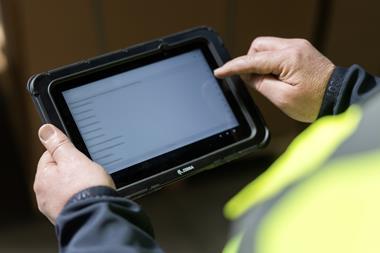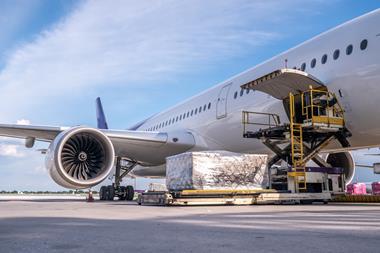The air cargo industry should not ignore the threat of start-ups but in the short term there is no major threat of disruption.
During a conference session at the Air Cargo Africa event, panellists outlined their thoughts on whether the air cargo industry could be at threat from start-ups, in the same way that Uber had shaken up the taxi industry.
The panel identified four different types of start-ups that are relevant to the air cargo industry: price comparison websites, virtual forwarders, load optimisation/cargo consolidation solutions and document flow improvement services.
While it was felt that these start-up companies should be watched, the panel also felt that at the moment they lacked the industry oversight to truly shake up air cargo and instead were looking to solve niche problems.
Kuehne+Nagel senior vice president products and services, air logistics, Marcel Fujijke said: “We think they have a lot of good ideas but they lack execution and they lack the global reach at the moment.
“So they might have a lot of money, but quite a lot of the time they are focused on a niche area and not the A-Z picture and they don’t have the ability to execute.
“Time will tell if they are able to learn to do this or whether they cannot. Currently I would say they cannot because at the moment it is all virtual, but we are still physically moving goods.
“Whenever you are doing something with a virtual freight forwarder, it might work for the first ten times but if cargo gets stuck in Customs or wherever, the question is to whom are you talking and who is then moving the goods and fixing the issue?
“That is where the hurdle is for these guys and at the moment I don’t see one of these start-ups coming up that they have the answer for that.”
Fraport senior vice president, cargo, Dirk Schusdziara agreed that start-ups tended to concentrate on one part of the industry and so far no one had managed to combine all these into an overarching solution.
However, with the industry becoming more complicated in terms of regulations and the development of new markets, this could provide opportunities for start-ups.
Schusdziara said: “It is also important that we look at the different markets, if we look at a b2b or b2c markets it gets much more complicated – the direction of documentation, the direction of customs and also of security. So I think something will come up, but I think it will still take some time.”
Vineet Malhotra, director, Kale Logistics Solutions, added that established companies could also transform the market.
"Recently SAP, which typically owns 80% of all pharma companies' enterprise resource planning systems, have got into a project with us looking at the problem pharma companies have where they have all the information they need internally but do not know what is going on outside," he said.
“So is there a way these platforms can connect the entire supply chain and not just silos at an airport or a port? These are things that could possibly transform the market much more than the start-ups.”










